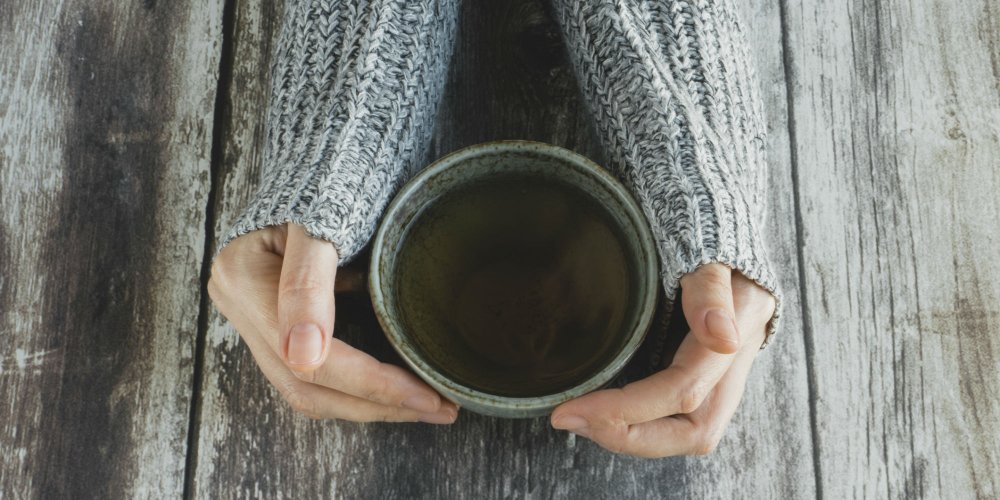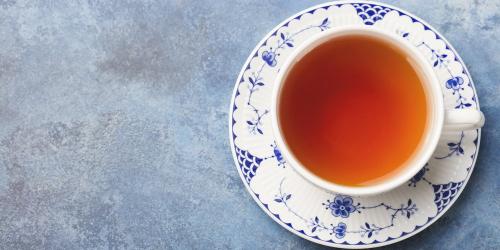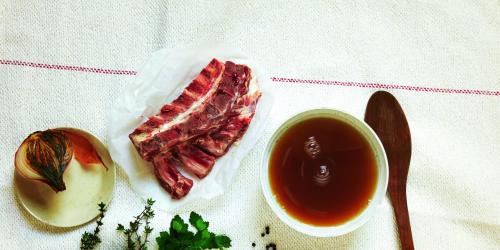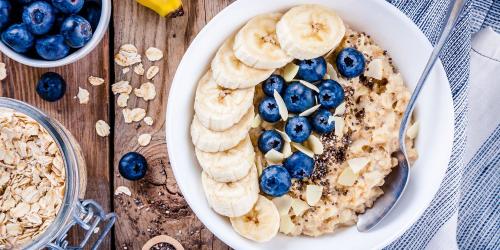Since the decree of 2008 on the natural pharmacopoeia, 148 medicinal plants are now available over the counter, against 34 previously.
One of its consequences: the opening of infusion bars and herbal tea bar lounge where we do not sip that verbena, mint-lime or chamomile.
Hibiscus, birch, meadowsweet, fennel, lemon balm, ginger, lemongrass, elderberry, heather, dandelion ... are now on the list. Because today, everything is infused: leaves and flowers, of course, but also branches, strips of bark, seeds, roots and even fruits.
Bulk or sachets, herbal tea invades the shelves
The tea of the twentieth century wants to be plural and greedy. What to decline recipes (almost) to infinity. The chocolatier Pierre Marcolini offers its delicious and refined infusion of cocoa. As for Marseille's three-star chef Gérald Passédat, he accommodates them in unusual granites or short bouillons.
Even large supermarkets participate in the movement: the ranges are diversified and the rays of infusions in bulk or in bags invade the linear.
Slimming tea, sleep, anti-stress: the proven effects of herbal medicine
The herbal tea also surfs on the growing success of herbal medicine. Water, in fact, dissolves vitamins, minerals and active substances of infused plants. Depending on the nature and composition of the plants, they will soothe, tone, detoxify, drain or prevent a disorder, such as poor circulation or digestive heaviness.
As scientific studies have been conducted, evidence of these benefits is accumulating.
As recalled by Dr. Bertrand Graz and Jacques Falquet (authors of "The 33 plants validated scientifically" Favre editions), "many plants are now validated clinically at the same level as a conventional drug." Thus the hibiscus is a proven remedy in case of hypertension.
Willow bark, which contains salicylic acid, a natural aspirin, is effective against back pain. has an antiviral power, licorice has shown an antitussive action comparable to codeine, and ginger has proved its effect against nausea and vomiting.
Instructions for an effective herbal decoction
Too hot (above 60 ° C), the water temperature can denature certain molecules such as vitamin C. Too cold, it may not extract all the assets of the plants. The ideal? A simmering water.
"For barks, roots and thick leaves, the decoction is preferred, assures the herbalist Michel Pierre (co-author, with Caroline Gayet, Ma bible secrets of herbalist Editions Leduc's)." Either a tablespoon of plant in 25 cl of cold water. Bring to a boil and boil for 5 to 10 minutes depending on the size of the pieces. Then let it steep out of the heat for 10 minutes before filtering and drinking, "he says.
For fine leaves and flowers, pour hot water over the plants and let infuse 5 to 10 minutes. "The tea is therapeutic from two cups a day and up to four cups, continues Michel Pierre.It is not advisable to drink more.



